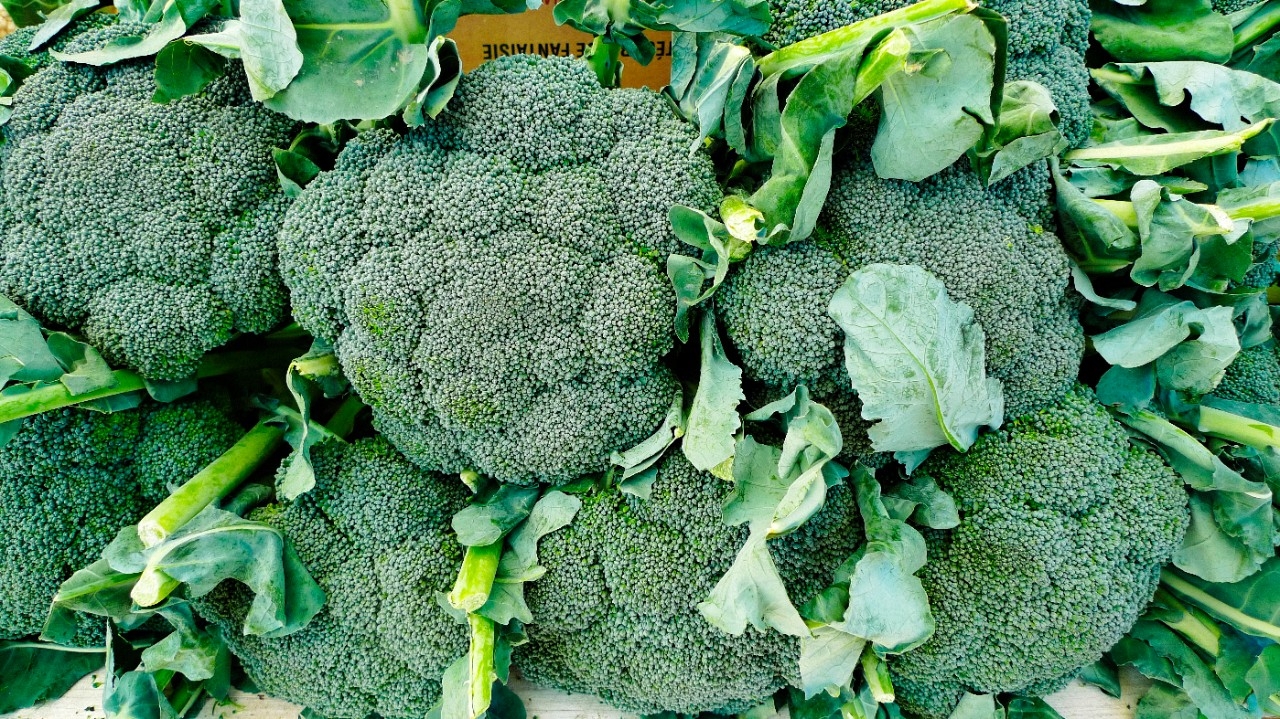New to MyHealth?
Manage Your Care From Anywhere.
Access your health information from any device with MyHealth. You can message your clinic, view lab results, schedule an appointment, and pay your bill.
ALREADY HAVE AN ACCESS CODE?
DON'T HAVE AN ACCESS CODE?
NEED MORE DETAILS?
MyHealth for Mobile
Nutrition Services for Cancer Patients
Nutrition Services for Cancer Patients
Nutrition is an important part of life, cancer treatment, recovery, and prevention. Food is one of the few things you can be in control of during your treatment. The oncology certified registered dietitians at the Stanford Cancer Center are here to help you make informed choices about nutrition, answer your nutrition-related questions, and help you to achieve and maintain good health.
Care and Treatment
Nutrition Before Cancer Treatment Begins
Eating well before cancer treatment begins may help to increase your energy and improve your sleeping patterns. If you have lost weight before starting treatment due to your cancer, you may be encouraged to follow a high-protein, high-calorie diet. To prepare yourself and your home for your nutritional needs during cancer therapy, consider the following suggestions:
- Stock the refrigerator with plenty of your favorite foods so that you will not have to shop as often. Make sure these are foods you can eat when you are not feeling well.
- Cook large portions of your favorite dishes in advance and freeze them in meal-sized portions.
- So that you can save your energy, buy foods that are easy to prepare, such as peanut butter, pudding, frozen dinners, soup, canned fish or chicken, cheese, and eggs.
- Ask family and friends to help you cook and shop.
- Talk to a registered dietitian about meal planning, grocery shopping, and reducing side effects of treatment, such as nausea and diarrhea.
- Talk to your doctor or registered dietitian about whether you should take a multivitamin.
By planning ahead, you will have foods on hand that you like to eat, which will be beneficial to you later. You will have good things to choose from in your kitchen even if you do not feel well enough to prepare an elaborate meal. You may also come to think differently about your weight. If you have been concerned in the past about weight gain, your focus will likely change to eating enough to keep your weight constant.
Before treatment begins, a cancer tumor itself can cause problems that may result in eating problems or weight loss. It is not uncommon to have lactose intolerance (intolerance to milk sugar), nausea, vomiting, poor digestion, or a feeling of early fullness, sleepiness, and forgetfulness even before treatment for cancer.
Recipes
Cancer Fighting Recipe of the Week: Week 3
In honor of Colon Cancer Awareness month, we'll be featuring four colorectal cancer friendly recipes each week during the month of March.
Basil Broccoi
Broccoli, cabbage, collard greens, kale, cauliflower and Brussels sprouts are all cruciferous vegetables. This vegetable family contains powerful phytochemicals, including carotenoids, indoles and glucosinolates and isothiocyanates, which have been studied and shown to slow the growth of many cancers.
Grilled Vegetable Polenta with Pan Roasted Red Pepper and Tomato Sauce
Halibut with Citrus and Garlic
Hearty Beef Stew with Winter Vegetables
Herbed Polenta with Grilled Portobello Mushrooms
Mediterranean Grilled Veggie Pockets
Molasses-Cured Pork Loin with Apples
New American Plate "Tetrazzini" Casserole
Peppers Stuffed with Barley, Parmesan and Onion
Roasted Pork Tenderloin with Maple Mustard Sauce
Seared Scallops with Beet Puree and Arugula Salad
Soft Tacos with Southwestern Vegetables
Spicy Broccoli, Cauliflower and Tofu
Steamed Halibut on Spinach with Lemon Sauce
Summer Tofu Kebab with Peanut Sauce
Turkey Reuben Grilled Sandwiches
Udon Noodles with Spicy Peanut Ginger Sauce
For Patients
PREPARE FOR YOUR APPOINTMENT
- Bring your photo ID and Insurance Card
- Maps, directions, parking, public transit options, and contact information
Ask your physician for a REFERRAL for a Cancer Center Nutrition Appointment
Our dietitians are available for 45 minute consults by appointment only, Monday – Friday from 8 a.m. – 4 p.m.
Download our nutrition appointment flyer.
Questions about your appointment or need to make a change?
RESOURCES
For Health Care Professionals
Our dietitians are available for 45 minute consults by appointment only on: Mondays – Friday, 8 a.m. – 4 p.m.
HOW TO REFER
Call us at 1-650-498-6000 to refer a new patient for a nutrition consultation. If you wish to refer a patient to the Stanford Cancer Center, please call the Physician Helpline.
Download our nutrition appointment flyer.
Returning Patient
Questions about your appointment or need to make a change? Call:
Nutrition Services for Cancer Patients at Stanford Cancer Center Palo Alto
650-498-6000
Nutrition Services for Cancer Patients at Stanford Cancer Center South Bay
408-426-4900




